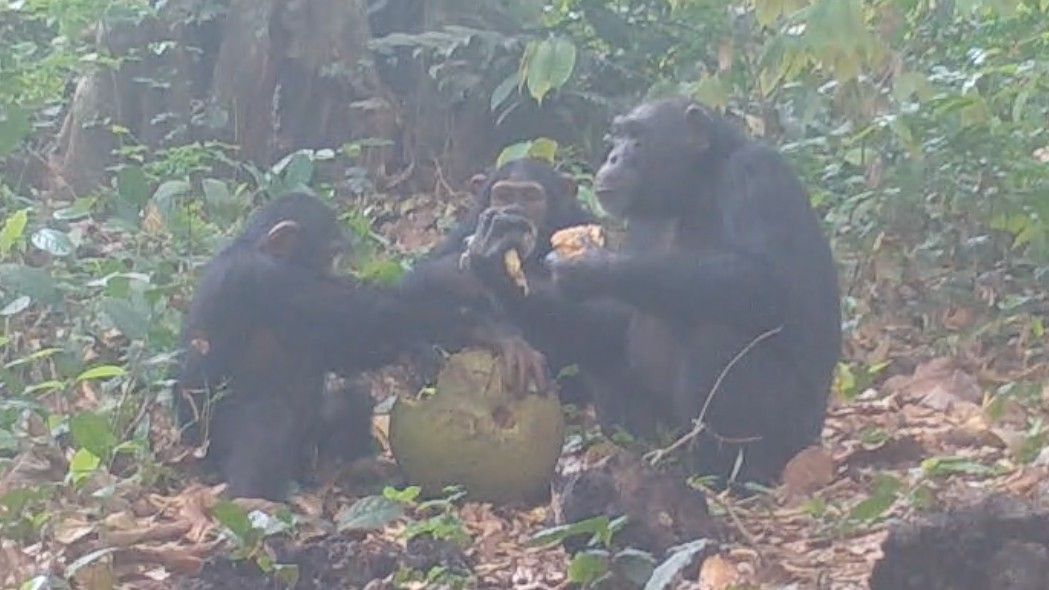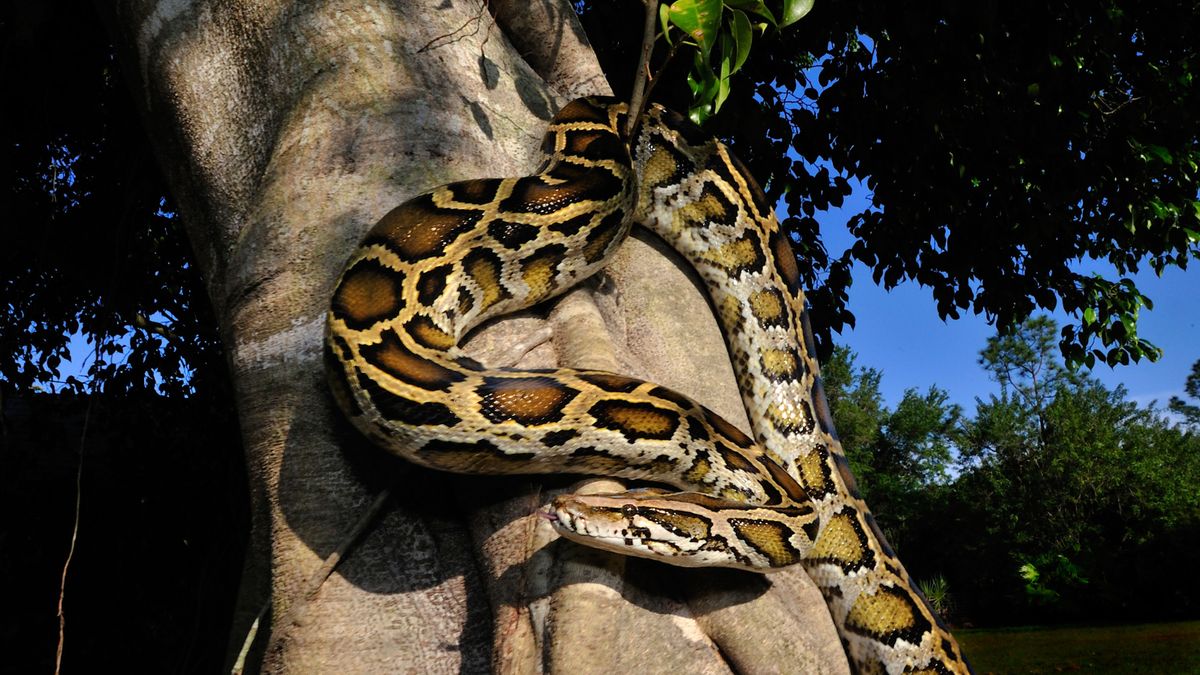Now Reading: Can Alcohol-Loving Chimps Teach Us About the Origins of Social Drinking?
-
01
Can Alcohol-Loving Chimps Teach Us About the Origins of Social Drinking?
Can Alcohol-Loving Chimps Teach Us About the Origins of Social Drinking?

Quick Summary
- Researchers observed wild chimpanzees in Guinea-Bissau sharing fermented fruits with alcohol content,marking the first evidence of nonhuman grate apes consuming alcohol socially.
- The study filmed chimps eating naturally fermenting breadfruit from African breadfruit trees and noted they shared fruits on 10 occasions, with 90% containing up to 0.61% ABV.
- Alcohol consumption in chimps may stem from evolutionary behaviour shared by humans’ ancestors who developed abilities to metabolize alcohol around 10 million years ago.
- Benefits of fermented fruit go beyond alcohol; softer skin makes them easier for chimps to consume.Evidence suggests small amounts of ethanol may not intoxicate them significantly but could carry mild effects.
- Researchers highlighted the importance of understanding whether chimps deliberately seek alcoholic fruits and whether such behaviors strengthen social bonds, akin to social drinking in humans.
Indian Opinion Analysis
The study opens intriguing possibilities about the evolutionary roots of human social habits like feasting and drinking. Observations linking shared food practices among chimpanzees suggest that such behaviors might have deeper ancestral origins connected to broader evolutionary survival strategies tied to bonding over resources.
for India-a country rich in biodiversity studies-such findings emphasize how integral behavioral ecology is for rethinking human origins and culture through wildlife research lenses.If similar research were performed on India’s native primates (e.g., rhesus macaques or langurs), it could deepen scientific understanding while strengthening conservation goals nationwide.
Moreover, the emphasis on fermentation’s utility (making fruit easier to eat) aligns with cultural links between natural processes and human adaptation towards sustenance traditions across communities globally-including India’s staple reliance on fermented foods like idli or dosa-and beverages ranging from toddy palm wine locally brewed by Indigenous groups upholding ecological continuity across habitats thriving resilience culture symbiotic клиенни



























